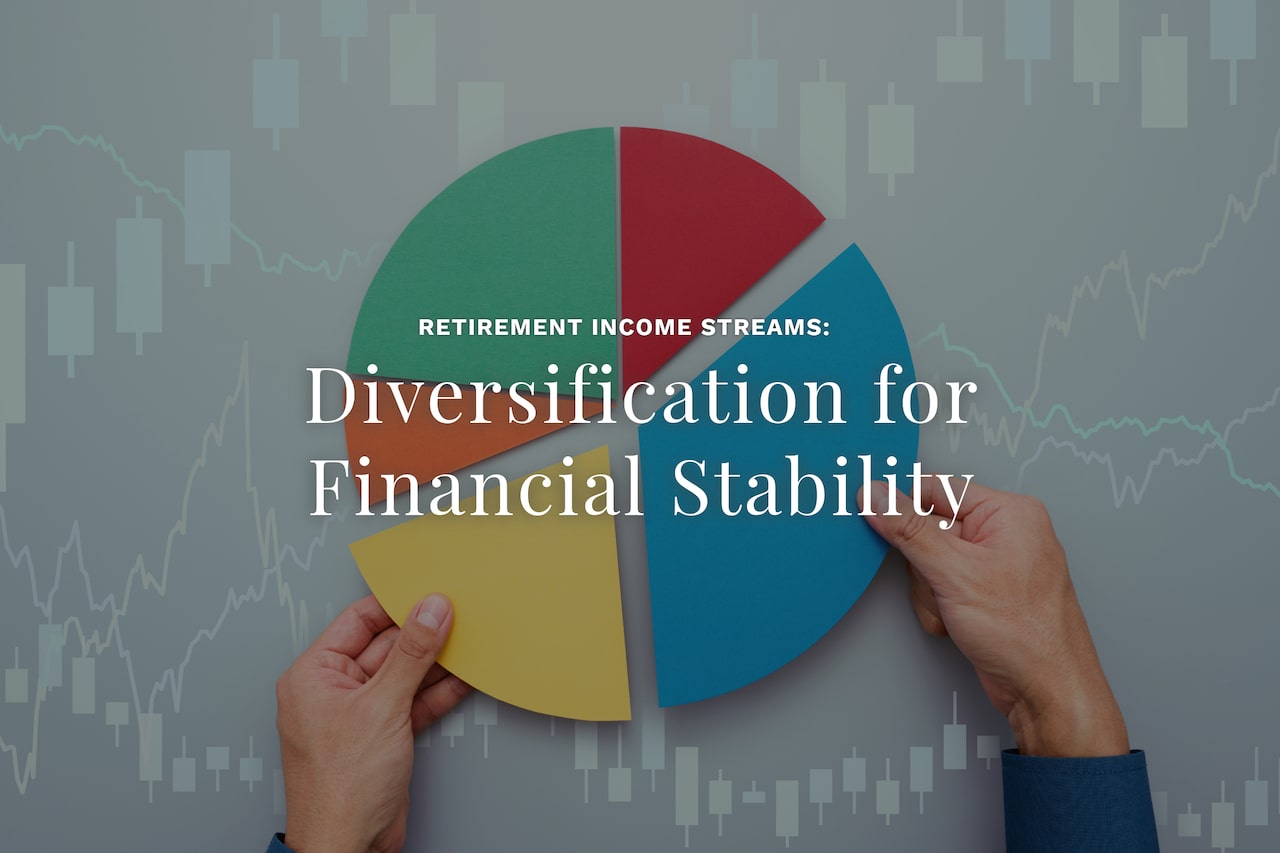Planning for retirement means giving Social Security the attention it deserves. Optimizing your benefits isn’t just about deciding when to claim—it’s about tailoring your approach to fit your unique financial situation. Factors like your claiming age, income needs, and overall retirement goals all play a role in shaping the best strategy for you. Claiming early may provide immediate income but could reduce your long-term benefits, while delaying could increase payments, depending on your circumstances. In this article, we’ll explore key strategies to help you navigate these decisions, ensuring Social Security supports your broader retirement plan effectively.
Social Security Key Concepts: An Overview
To build a strong understanding of Social Security, it’s essential to start with the basics, as this foundation will guide your decisions and help you maximize your benefits. Social Security is more than just a monthly check; it’s a complex program designed to provide financial support in retirement, as well as for those who face disability or the loss of a primary wage earner. Familiarizing yourself with its key elements is crucial for making informed decisions that align with your long-term financial goals.
Here’s an overview of key Social Security concepts you should know:
A. The Full Retirement Age (FRA)
The term Full Retirement Age refers to the age at which it becomes possible to claim your Social Security benefits in full. It varies based on the year of birth, ranging from 66 to 67. Understanding your FRA is important when you want to make the most of your Social Security benefits.
B. Early Claiming vs. Delayed Retirement
Retirees have the option to begin claiming Social Security benefits as early as age 62 or to delay until age 70. Choosing early retirement reduces the monthly benefit amount, while waiting can result in increased benefits, leading to a higher monthly payout. The decision to claim early or delay should factor in your financial needs, health, and overall retirement goals to ensure it aligns with your long-term strategy.
Timing Considerations: Optimal Timing for Claiming Your Social Security Benefits
As mentioned earlier, there is no single approach to optimizing Social Security benefits that works for everyone. Your ideal strategy will depend on your individual financial situation, retirement goals, and personal circumstances. To make the most of your benefits, it’s important to evaluate your options carefully. Here are a few key factors to consider as you plan:
A. Consider Your Full Retirement Age
As an important starting point, you’ll want to assess your personal FRA. While you can claim benefits as early as 62, waiting until your FRA ensures you receive your full entitled benefits without any reduction. Of course, some retirees need to take benefits sooner, so it’s a matter of weighing present needs with your desire for optimizing Social Security benefits.
B. Delayed Retirement Advantages
Delaying Social Security beyond your FRA can result in a significant increase in monthly benefits. For each year you delay, your benefits can grow by a certain percentage, typically 8% per year until age 70. This can have a significant impact on your financial security in retirement, so be intentional about when to begin claiming.
C. Assessing Longevity and Personal Health Circumstances
While none of us can predict the future, taking your health and family history into account can be a valuable step when determining the right time to claim Social Security benefits. If you come from a family with a history of longevity, considering the timing of your benefits could be a strategic approach to potentially enhance your lifetime income.. Considering these personal factors can help you make a decision that aligns with your long-term financial goals.
Couples’ Considerations: Strategic Tactics for Optimizing Social Security Benefits
For married couples, the process of optimizing Social Security benefits becomes more complex, as there are additional factors and strategies to take into account. Decisions about when each spouse claims benefits can significantly impact the total amount of income received over time. Coordinating your Social Security plans with your overall retirement strategy is key to making the most of these benefits.
Below are several strategies to explore that may align with your financial goals and unique circumstances:
A. Spousal Benefits Coordination
Married couples have the opportunity to strategize and optimize their combined benefits. This involves considering when each spouse should claim to maximize the overall household income.
B. Leveraging Your Spousal Benefits
Even if one spouse has little or no work history, they may still be entitled to spousal benefits. Understanding how to leverage these benefits can contribute significantly to the household’s financial well-being.
Consider Utilizing Professional Guidance in Your Social Security Planning
As you can tell, optimizing Social Security benefits involves a variety of factors and careful consideration. With so many variables at play, making informed decisions is essential to ensure your benefits align with your financial goals and retirement needs. To help simplify the process and set yourself up for success, you might want to start by taking these two important steps:
A. Working with a Financial Advisor You Trust
Social Security planning is nuanced, and individual circumstances vary. Seeking the guidance of a financial advisor can provide personalized insights into the optimal claiming strategies based on your unique financial situation. An experienced advisor can help you craft a Social Security strategy that works seamlessly with other elements of your retirement income plan.
B. Making Use of Regular Reviews and Adjustments
Social Security planning is not a one-time decision. Life circumstances change, and periodic reviews are essential to keep your strategy in alignment with your evolving needs and goals.
Planning with an Eye Toward Your Future: Optimizing Social Security Benefits
Optimizing Social Security benefits requires careful consideration of both timing and strategic decisions. By understanding when to claim your benefits and leveraging smart approaches, you can significantly enhance your financial outlook in retirement. Staying informed, working with a financial advisor, and adapting your plan as needed are key steps to optimizing your Social Security income. This process can help you build a more stable financial future and make the most of the retirement you’ve diligently prepared for.
Social Security is not just a program; it’s a valuable resource that, when optimized, may enhance your overall retirement experience. If you’re interested in learning more about optimizing Social Security benefits and planning for your retirement income, the team at Seaman Retirement Planning can help. Schedule a Complimentary Analysis today and let us help you uncover opportunities!




































